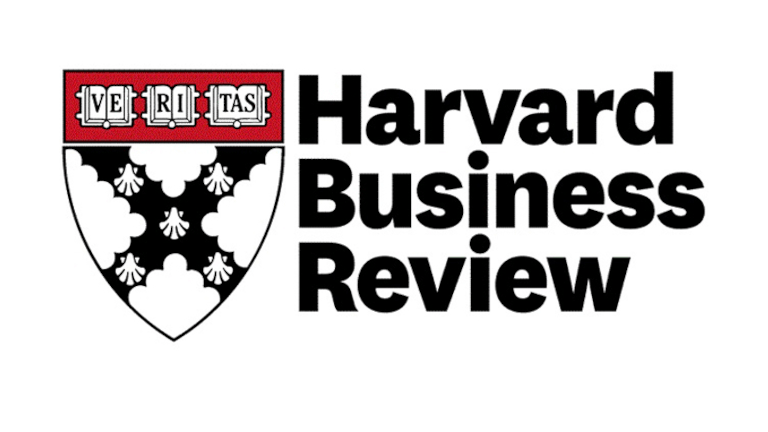Hire Leaders for What They Can Do, Not What They Have Done
Summary; The next time you are filling a leadership role, ask yourself three questions. First, does the candidate have the skills to be a high-performing contributor or the skills to be an effective leader? The performance level of individual contributors is measured largely through their ability, likability, and drive. Leadership, by contrast, demands a broader range of character traits, including high levels of integrity. Second, can you really trust this candidate’s individual performance measures? The number one indicator of performance in most companies is a single subjective rating by a direct manager. This makes measures of performance vulnerable to bias. Finally, are you looking forward or backward? The secret to selecting great leaders is to predict the future, not to reward the past. That’s why you should promote high-potential people, not just top performers.
Fifty years have passed since the publication of The Peter Principle, but its rule still applies today. “In time, every post tends to be occupied by an employee who is incompetent to carry out its duties,” noted Laurence J. Peter, the educator behind this famous work. His theory postulates that most competent people are promoted until they reach a position that is above their skill level, at which point they cease to grow.
Academic studies show that promotions are still largely a reward for past performance, and that organizations continue to assume the attributes that have made someone successful so far will continue to make them successful in the future (even if their responsibilities change). This may explain why there are still a large number of incompetent leaders.
Organizations that wish to select the best people for leadership roles therefore need to change how they evaluate candidates. The next time you are filling a managerial position, ask yourself three questions:






